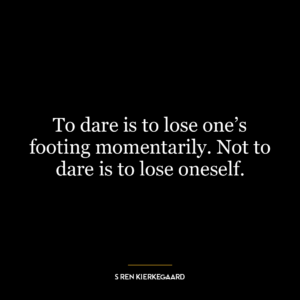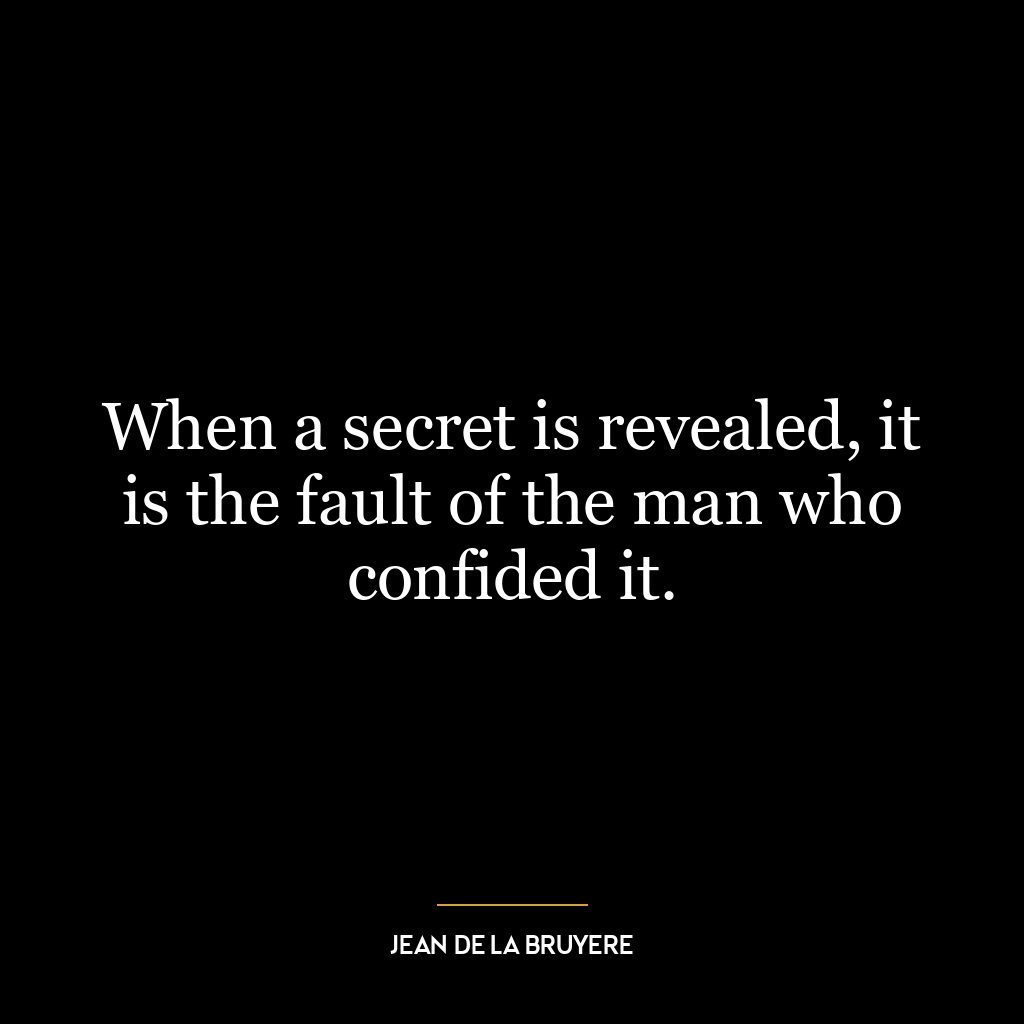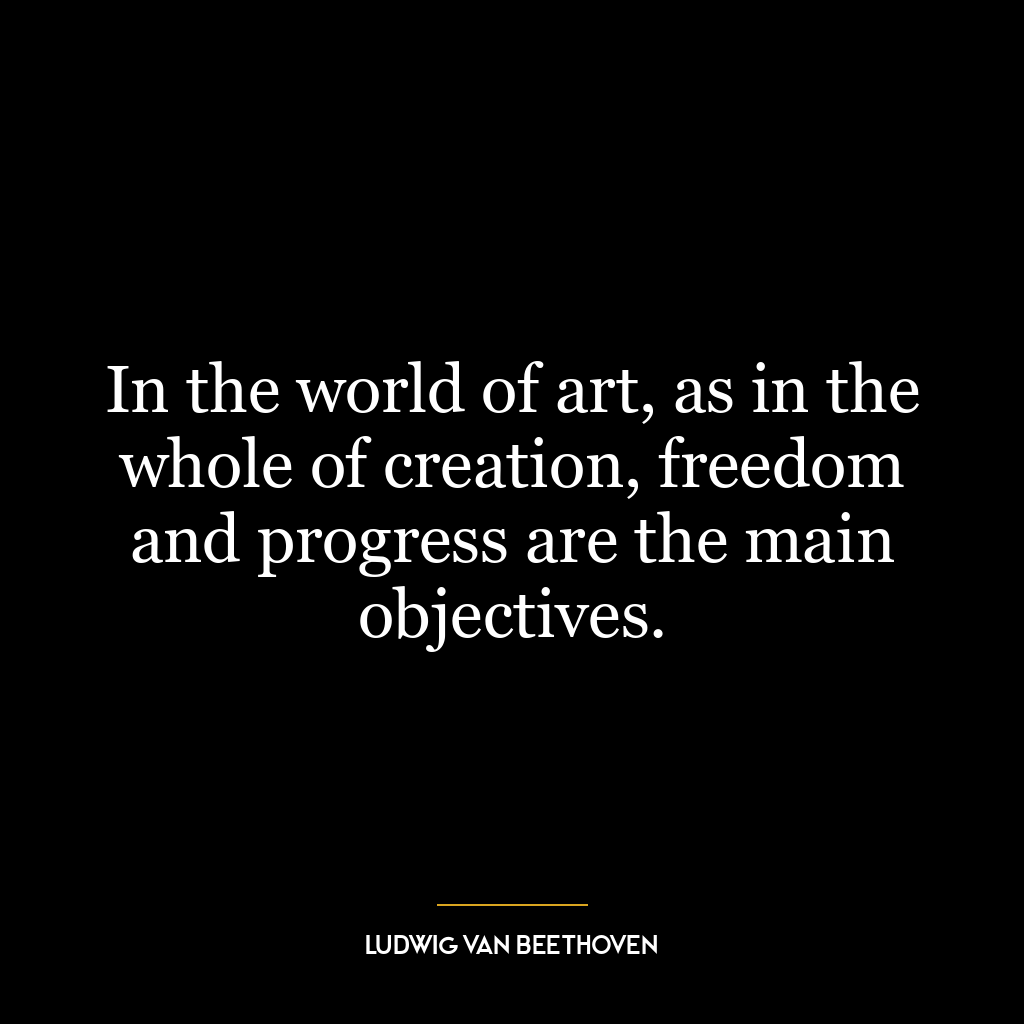All the shrewdness of ‘man’ seeks one thing: to be able to live without responsibility.
This quote suggests that the ultimate goal of human cunning or cleverness is to live a life devoid of responsibility. It implies that people often use their intelligence or shrewdness to avoid taking responsibility for their actions, decisions, or for the consequences of their life circumstances. They use their cleverness to create situations where they are not accountable for anything, to live in a state of freedom where they do not have to answer to anyone or anything.
This idea can offer a critical perspective on the way many people live their lives today. In a world that is increasingly complex and interconnected, it is easy to pass the buck, to blame others or external circumstances for our problems. We can see this in various aspects of society, from politics to business to personal relationships. People often use their shrewdness to manipulate situations or to create narratives that absolve them of responsibility.
In terms of personal development, this quote can serve as a reminder of the importance of taking responsibility for one’s life. It suggests that living without responsibility, while it may seem appealing, is not a sign of true wisdom or maturity. Instead, it represents a kind of cleverness that is ultimately self-defeating, because it prevents us from truly engaging with the world and with our own potential.
Taking responsibility for our actions, decisions, and their consequences is a key aspect of personal growth. It allows us to learn from our mistakes, to develop resilience, and to build character. It also fosters a sense of self-efficacy, the belief in our ability to handle different situations and to shape our life path.
So, while it may be tempting to use our shrewdness to avoid responsibility, this quote suggests that doing so is not in our best interest. Instead, we should strive to use our intelligence and cleverness to navigate life’s challenges, to make wise decisions, and to take responsibility for our life.










